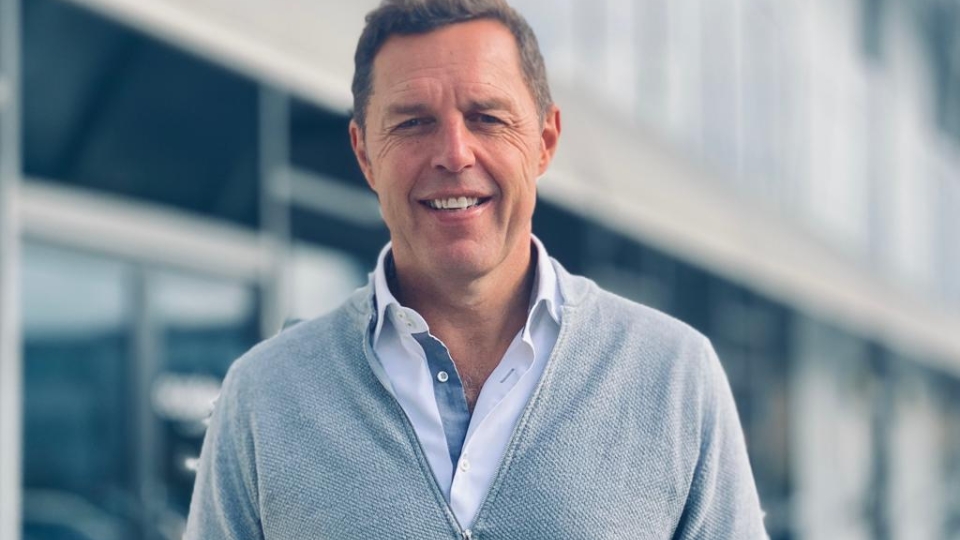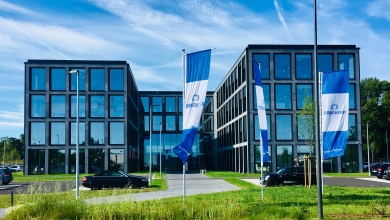
Andrew Harman, ex-owner of Annodata, ex-professional footballer with Wycombe Wanderers, is now running a tech investment business and looking for his next target.
Annodata was sold as part of a multi-million pound deal to Kyocera in 2016, so now out of the business for a few years. Andrew has recently co-founded Strive Capital, where he plans to use the proceeds for further M&A activity across the technology sector. This process is already in full flow, with Strive’s recent acquisition of Academia, a £70m-revenue Apple partner.
He talked to IT Europa about his plans.
“I still enjoy the business, and I have had so many people wanting to reconnect – the technology is still changing, and I can see an opportunity.” Challenges like 2020 are an opportunity, he says – “I’ve been through three recessions before.”
So, what is the business potential now? “I’ve been out of the industry for a while; I find that technology has changed dramatically – in telco, printing and others, but that consolidation has left a gap in the market for a true independent.”
There are the likes of Softcat and Computacenter, he says, but there is an opportunity through consolidation. Customers want a reduction in suppliers and will also want a lot more services.
“It is customer-led – the customer wants to trust you. So, I think that is very interesting. In the government framework where Academia plays, for example, the customers want to give us more, we just to need to show we can supply.”
How does he find acquisition targets – is it about customer lists, culture, people?
“First, I need to get under the bonnet, even having done the due diligence, and find the good areas. Anything I look at needs to be in the right area, with complimentary product skills and we (Academia) are centred on local authority and education, so ideally I want more commercial and corporate areas that we can sell into,” he says. If there are a couple of senior people in the business, that helps, he adds.
“It has to be profitable and have a good track record. I don’t want to pick up businesses with inherent problems.”
In terms of what technology interests him, Andrew added: “Print has become mature and so I’m interested in what Microsoft is doing. Cybersecurity and GDPR are other areas. There is a premium on cybersecurity companies at present. But I’m looking at the software technologies out there and seeing what will help us expand in customer areas. We are mapping out the companies we want to talk to. I have a few opportunities, but I want to make sure it complements and strengthens what we are doing.
What would be the best target – “Anywhere from Birmingham down, with strong accreditations – Microsoft, Cisco or HP and giving us a stronger badge, and with good commercial clients. At Annodata we grew in recessions because of the mix of customers public sector and corporates. A broad spread in the portfolio.”
How to plan for next year? “You have to plan longer term. There have been challenges but we are looking to expand and take on more.”
For good companies, now is the time to grab market share. We are financially strong. The City of London is one challenge with everyone working from home, he says.
“We have to be more versatile and face new work challenges. This includes people management when working from home – we have software to help monitor people at home, but you have to have trust. So, I’m relaxed about that. The key is that in some respects as long as you are open and candid with people, they respond. We have to adapt to the new world, and this is an opportunity to add products that play into that.”
Our Predictions 2021 series of features and interviews held its first panel in early December 2020. To watch the full panel debate go to the download here: The full IT Europa Predictions 2021 feature with extra research, interviews and ideas will appear next month.


